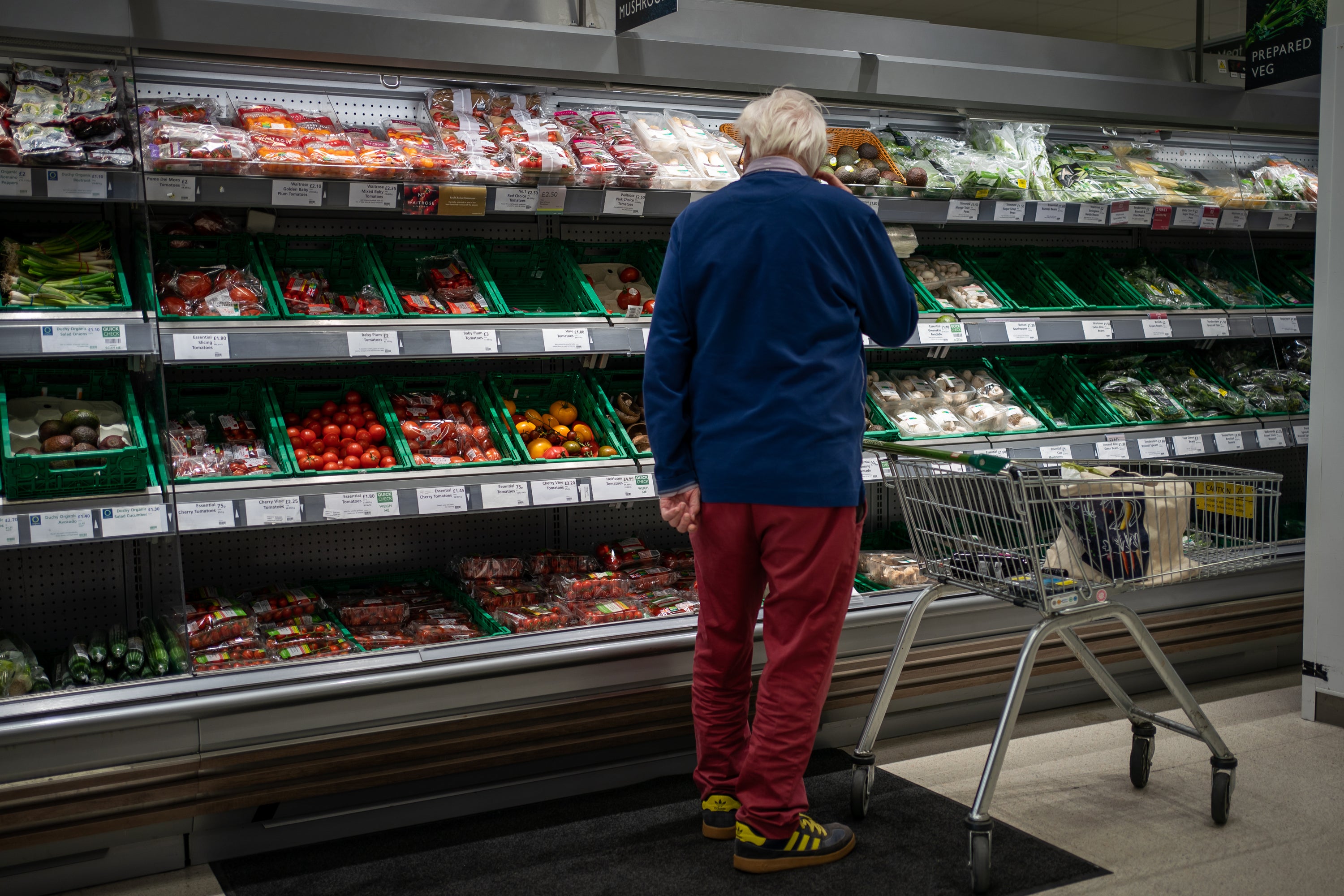Fears of food and drink shortages grow as CO2 supply deal ends
The Government struck a deal in October to keep CO2 supply going to firms, but this is due to expire on Monday.

Your support helps us to tell the story
From reproductive rights to climate change to Big Tech, The Independent is on the ground when the story is developing. Whether it's investigating the financials of Elon Musk's pro-Trump PAC or producing our latest documentary, 'The A Word', which shines a light on the American women fighting for reproductive rights, we know how important it is to parse out the facts from the messaging.
At such a critical moment in US history, we need reporters on the ground. Your donation allows us to keep sending journalists to speak to both sides of the story.
The Independent is trusted by Americans across the entire political spectrum. And unlike many other quality news outlets, we choose not to lock Americans out of our reporting and analysis with paywalls. We believe quality journalism should be available to everyone, paid for by those who can afford it.
Your support makes all the difference.Shoppers could face shortages of food and drink products on supermarket shelves due to the end of an important CO2 supply deal, industry bosses have warned.
Last year, producers said shortages were looming after fertiliser firm CF Industries, which produces 60% of the UK’s food-grade CO2, said it would stop selling the by-product amid surging costs.
The Government struck three-week deal in September before a further deal in October to keep CO2 supply going to firms but this is now due to expire on Monday.
The Food and Drink Federation (FDF) said it is “critical” the Government acts to keep supply moving.
It added that the end of this deal could result in shortages in supermarkets, with fresh produce, meat and fizzy drink firms reliant of CO2 for the production and packaging of items.
Kate Halliwell, chief scientific officer at the FDF, said the security of food-grade CO2 supplies has been a “concern for our industry for some time” and warned that this could be another crunch point.
“Last year’s Government intervention which guaranteed CF Industries production of CO2 until the end of this month was very welcome,” she said.
“But we are concerned that with just days now remaining before that agreement comes to an end, and energy prices still very high, there will be further CO2 shortages once again.
“This could lead to shortages in the products we find on our supermarket shelves – adding further pressures to families already coping with high food-price inflation.
“We will continue to work with the Government on this.
“It is critical that together we ensure supply can continue and that we build long-term resilience into the production of food-grade CO2.”
The Government has highlighted that further CO2 supplies, such as from Ensus in Wilton, Teesside have come online and there have been increased imports.
A spokeswoman for the Department for Business, Energy and Industrial Strategy said: “The Government’s three-week arrangement with CF Fertilisers was necessary to immediately restart operations while a longer-term industry-led agreement was sought without further taxpayer support.
“Without Government intervention, the CO2 shortage could have severely impacted the food processing sector, the National Health Service and nuclear power generation.
“We welcome industry’s agreement in October to ensure CF Fertilisers on Teesside can continue to operate even during the current period of high global gas prices.
“It is for the CO2 industry to ensure supplies to UK businesses.”
CF Industries has been contacted for a response.